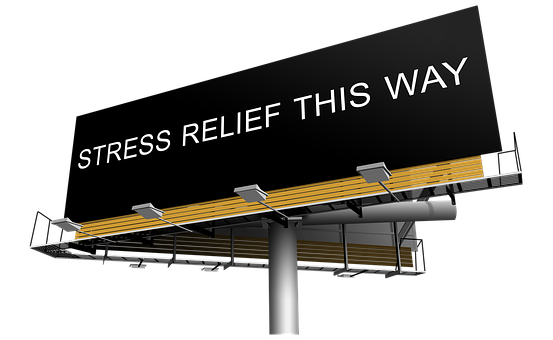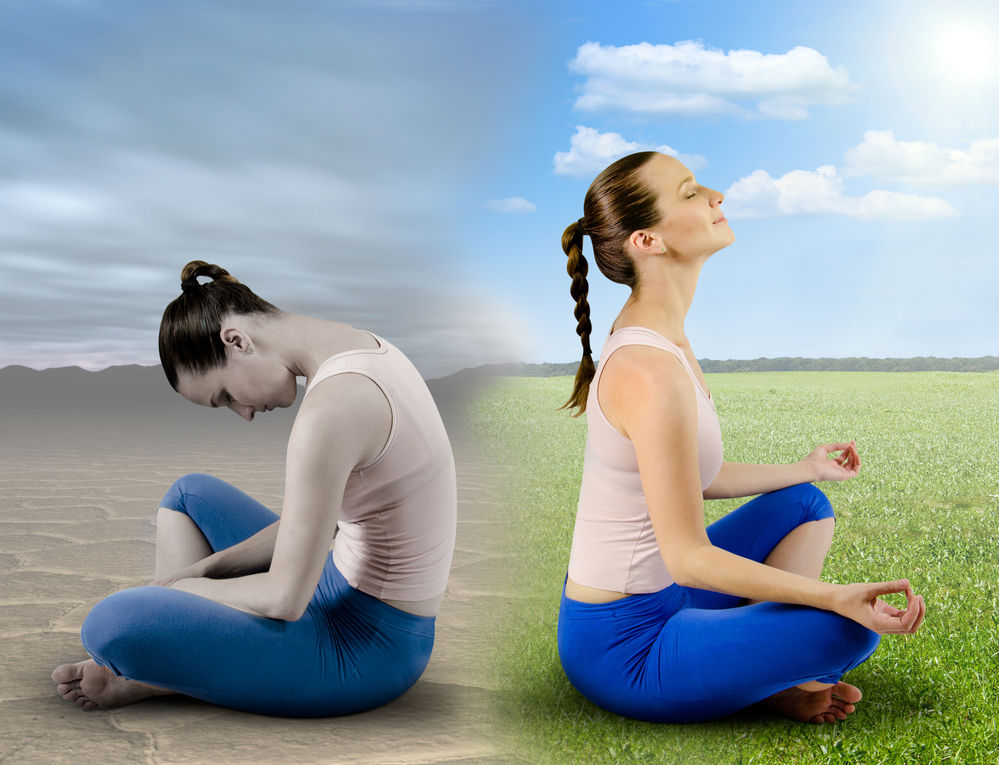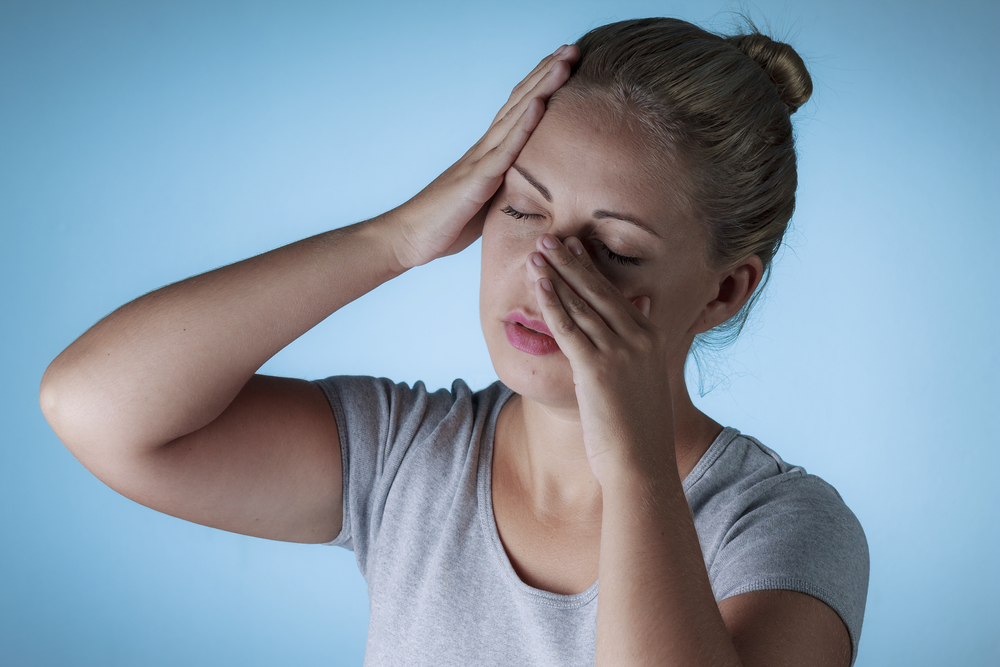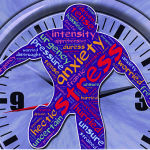Stress is a dangerous problem that affects many people. Most people experience a level of stress that is not good for their health. Stress is a survival mechanism that is meant to protect you in dangerous situations. This can be anything from being attacked by an animal while you are hunting to someone breaking into your home.
Although it can be helpful to think about future events, worrying about them can lead to anxiety. “What if” thoughts can cause us to imagine the worst possible outcomes for future events.
Some natural remedies for anxiety that have been backed by science are:
- Taking probiotics
- Exercise
- Omega-3 fatty acids
- CBD oil
- Chamomile
- Passionflower
- Lavender
There are also some great self care ideas for stress relief, such as:
- Taking a relaxing bath
- Getting a massage
- Practicing meditation or yoga
- Spending time in nature
- Creating a positive environment at home
- Connecting with friends and family
- Doing something you enjoy
Natural Stress Relief Techniques
1. Get Some Exercise
Exercise helps improve your sleep by releasing endorphins that act as natural painkillers. In addition to improving your sleep, exercise also has many other benefits, such as keeping your body and organs in shape.
Exercise does not have to mean heading to the gym every day. Rather, there fun options for exercise you might want to try:
- Running has been picking up in popularity over the last few years, and is a very easy to join community activity. You don’t have to be an iron man either. Just grab a pair of shoes, and go for a jog. The important thing is to maintain your heart rate for at least 30 minutes.
- Walking is a low impact option for getting exercise, and is generally acceptable for most people. Even if you cannot run, a brisk walk can be enough to increase your heart rate and release your endorphins.
- There are also no-impact pedal exercisers, which can be used for either your arms or your feet. These are a great option for people who have challenges with their knees or hips, and need another option to get their heart rate up and reduce their stress.
2. Improve Your Diet
Most people don’t realize that they are malnourished because they are still getting enough calories. However, they are not getting the correct nutrients from those calories to help their body function properly.
According to surveys from the U.S. Centers for Disease Control and Prevention, the recommended amount of fruit is only being eaten by 33% of adults. And only 27% are getting in enough vegetables.
When you’re not physically healthy, it takes a toll on your mental health and your ability to cope with stress.
We understand why it is important to get a good multivitamin if we know that vitamins and minerals are important for our health. A whole plant based multivitamin is a good option because the vitamins and minerals it contains come from plants.
It is important to make sure your vitamins come from organic sources, so that your body is not exposed to harmful toxins.
Purium’s Men’s Defense – An amazing blend of herbs and plant extracts (made specifically for men) that may support a healthy prostate, healthy immune function, healthy hair retention, and healthy liver function.
Purium’s Women’s Defense – A synergistic blend of herbs and whole foods that have been chosen for their specific value to women`s health.
In addition to a multivitamin, B-complex vitamins can help reduce stress. This is because B-complex vitamins can help with a couple of issues that often increase stress. B-complex vitamins are known to help boost energy levels. Feeling tired and having difficulty focusing can lead to increased stress, particularly if it’s work-related. B-complex can help improve mood by playing a critical role in the formation of serotonin, which is commonly known as the happy hormone.
3. Change Your Lifestyle
If you find yourself in this category, you may want to consider making some lifestyle changes to help reduce stress. Your lifestyle is likely one of the biggest influences on how much stress you experience. People who suffer from high levels of stress often lead very busy lives, leaving little time for sleep or recreation. If you find yourself in this category, you may want to consider making some lifestyle changes to help reduce stress.
This can be a huge detriment to your ability to deal with stress. Here are some tips for how to tweak your lifestyle that will also help reduce your stress:
- Eat Breakfast. Too many people skip the most important meal of the day. Breakfast helps to kick start your metabolism and get the all of your systems working properly. Skipping it starts your day without the energy you need and puts your mind body at a disadvantage to dealing the stress of the day.
- Get the right amount of sleep. The average adult should get between 7.5-9 hours of sleep each day. Fortunately, that does not mean that you need to get that amount of sleep all in one setting, but can split it with a nap if needed. The major thing to consider here are the sleep cycles, and ensuring you are not only getting the right amount of sleep but also the right amount of REM sleep specifically.
- Get outside into nature. Nature has a tendency to help uplift your mental state. Part of the reason for this is the extra oxygen in the air when you are out in nature. The extra oxygen helps your system to function better, and helps stimulate your parasympathetic nervous system, promoting a sense of calm throughout your body.
4. Adaptogenic Herbs and Essential Oils
Herbal stress relief is a practice that uses plants to calm people and improve their health.
The regular use of these herbs and plants, especially in the form of essential oils, helps to promote a sense of calm throughout your body. This includes chamomile, which many people enjoy in teas, as well as lavender, hops, valerian, lemon balm, and passionflower.
If you’re looking for a natural way to calm your nerves or simply want your home to smell great, then candles are the way to go.
Herbs such as ashwagandga, maca, and ginseng can reduce the negative effects that the hormone cortisol has on the body, thereby alleviating stress.
5. Meditation
Meditation has been around for centuries because it is an effective way to deal with stress. stress can have physical manifestations, but most of it is mental. If you can learn to manage your stressors, you will be better off.
Meditation can help you to calm your mind and find peace.
Mindfulness-based stress reduction (MBSR) is a great form of meditation. It is easy to become less aware of your surroundings or the present moment when you are on auto-pilot in the fast-paced society we live in.
Being mindful means being present in the moment and focusing on your thoughts and feelings. It can help you to understand your thoughts and feelings better, and can even change the way your brain works. Meditation can help you to focus your thoughts and become more aware of what is happening in your body and mind.
Mediation for natural stress relief can be done anywhere, without having to go to a yoga studio or enrolling in a course. Meditating for only 10-15 minutes a day can help reduce stress naturally, so it is worth doing.
6. Control Your Breathing
Whenever you are feeling stressed, your body reacts by releasing a stress hormone called cortisol. This is commonly known as the “fight or flight” response, and it’s your brain’s way of protecting you in dangerous situations. When this hormone is released, you breathe faster, your heart rate increases, and your muscles tighten.
When this response is frequent, it can cause health problems like high blood pressure, obesity, heart disease, and depression.
One way to reduce stress and anxiety, according to Harvard Medical School cardiologist Dr. Herbert Benson, is to control your breathing.
Controlled Deep Breathing:
- Lowers blood pressure
- Prompts the release of endorphins
- Aids in toxin release and detoxification
- Improves oxygen delivery and blood quality
- Increases mental clarity
- Releases tension
- Calms the nervous system
Research indicates that deep breathing can lower blood pressure, improve heart rate, and lessen tension headaches.
So, how do you do it?
Deep Breathing
- Take a deep breath in through your nose, to the count of five seconds or until your lungs are completely full.
- Hold it for five seconds.
- Exhale through your mouth, to the count of five seconds or until you have completely released all the air from your lungs.
- Wait five seconds and begin again.
- Continue this for as long as you need to. I usually feel better after just a few minutes.
7. Relax Your Muscles
It may be less difficult to quell the body’s physical reactions to anxiousness than to attempt to reign in the incessant thoughts going through your head.
One amazingly effective way to do this is progressive muscle relaxation (PMR). Developed by Harvard physician, Edmund Jacobson, PMR is an anxiety-reducing technique that also:
- Reduces cortisol (the stress hormone) levels
- Helps with insomnia
- Reduces pain
- Improves concentration
- Releases physical tension
The practice of PMR involves tensing and then relaxing each muscle group in the body, one by one. As you release the tension in your muscles, you also release your stress and anxiety.
When combined with deep, controlled breathing, PMR can be very helpful in reducing anxiety.
Here’s how you do it:
Progressive Muscle Relaxation
- Sit in a chair or lie down.
- Focus on each muscle group, beginning with your face.
- Tighten the muscles in your forehead and hold for five to ten seconds.
- Release and feel the tension melt away.
- Repeat for each part of the body: face, shoulders, chest, biceps, triceps, forearms, fingers, back, abdominals, glutes, thighs, calves and toes.
*The key is to notice the difference between the feeling of tension and relaxation. - After you have finished tensing and relaxing each muscle group, stay still and just breathe for a minute, taking time to appreciate your deep state of relaxation.
You may also find it helpful to practice PMR when you are feeling calm, as this can help you to relax more quickly when you experience anxiety.
8. Go Outside
There is nothing quite like basking in the warm sunlight, listening to the birds, smelling the flowers, and feeling the gentle breeze on your skin. Nature has a way of lifting your spirits and making you feel good.
You may feel happier and more well-being by going for a walk or sitting outside. The healing effects of nature have been well-documented and respected by many cultures for centuries.
Ayurveda is a health system that was developed in India thousands of years ago. It is based on the mind-body connection. One of the things that it says is that we should live in tune with nature and spend time in nature every day. This is because it is good for us.
Being outdoors regularly lowers cortisol levels, heart rates, and the likelihood of depression.
Forest Bathing
The Japanese practice shinrin-yoku (forest bathing ), which entails slowly walking through a forest and taking in the atmosphere, is a powerful stress buster that been linked to:
- Reduced blood pressure
- Boosted immune system functioning
- Increased ability to focus
- Improved mood
- Reduced stress
Research has demonstrated that employees who have a view of nature from their office windows experience less stress and are more satisfied with their jobs.
Ulrich’s research discovered that people who simply view pictures of nature scenes experience increased production of serotonin, lower levels of stress, and reduced anger and aggression.
If you are feeling anxious, spending 20 minutes outside in a natural environment can help reduce your stress levels.
9. Do Yoga
Yoga is a system of physical and mental discipline that includes physical exercises to increase strength and flexibility, breathing control to relax the body, and meditation to quiet the mind.
There is no workout that is more comprehensive than this one, and it is a natural remedy that is particularly effective for anxiety.
Studies have shown that yoga:
- Makes us more resilient to stress & anxiety
- Slows aging
- Lowers blood pressure and heart rate
- Improves nervous system functioning
- Aids in weight loss
- Improves concentration
- Relieves stress and anxiety
Yoga is effective in relieving anxiety because it helps to release muscular tension and promotes deep, conscious breathing.
Sometimes growth and fulfillment come from stepping out of your comfort zone and getting uncomfortable.
Yoga reveals that you can maintain control even when you are uncomfortable. You can still direct your thoughts, respirations, and body movement.
10. Keep a Journal
We all used to have diaries when we were younger. We felt comfortable enough to write about our innermost thoughts, hopes, triumphs, and struggles. I still have a journal from my childhood that is complete with a lock and key!
The entries in our diaries gradually became less frequent as we grew older, until we no longer felt the need to confide in them.
There are many benefits to journaling, especially for those suffering from anxiety, so it is definitely worth taking up again.
Research shows that journaling helps to:
- Clear the mind
- Develop a more positive outlook
- Enhance self-awareness
- Track progress
If you’re feeling overwhelmed, spend a few minutes writing down your thoughts and feelings. Don’t worry about making mistakes in your writing. This is just for you to see!
Write without censoring yourself and without worrying about what others will think. You can even put reminders, quotes, or questions in your journal to help you out.









